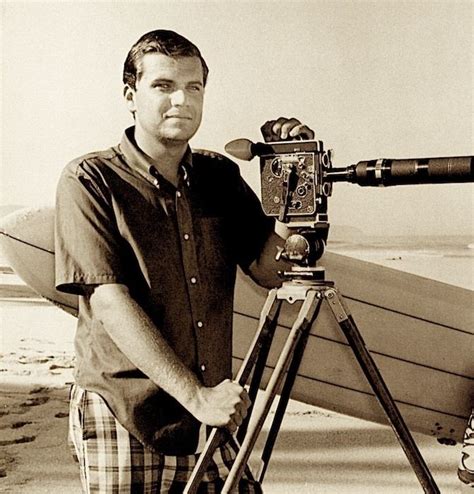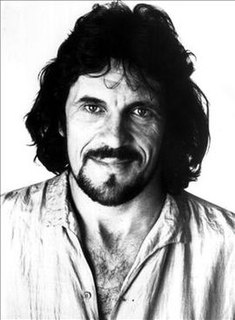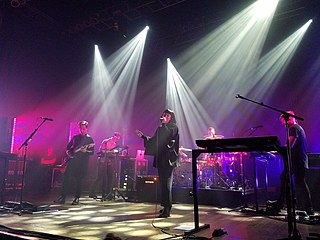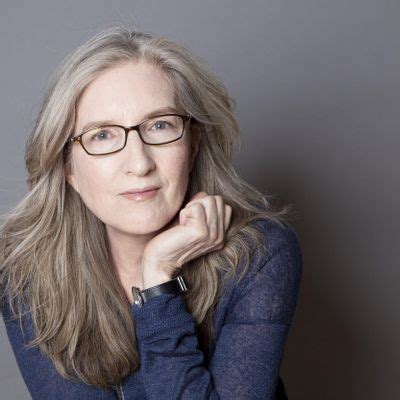A Quote by Greg MacGillivray
We have new tools that can give the audience a sense of not only being there, which is the key element in an IMAX film, but also seeing things in a way that they won't see on television or in feature films.
Related Quotes
How my eyes see, perspective, is my key to enter into His gates. I can only do so with thanksgiving. If my inner eye has God seeping up through all things, then can't I give thanks for anything? And if I can give thanks for the good things, the hard things, the absolute everything, I can enter the gates to glory. Living in His presence is fullness of joy- and seeing shows the way in.
I think I entered the market around the time when there was getting to be less snobbery about the difference between feature films and television. I think there's been a lot more receptivity on television to interesting adult stories that in the '60s and '70s would have been made into feature films. I have no problem jumping back and forth. If anything, I find it less restrictive working in television.
In an old model, the way a film would imprint itself on the public's consciousness is to get a theatrical run. But now there are more documentaries and more films in general being released than ever before. There are weeks when the New York Times is reviewing 15 films, so it's harder to leave an impression on the public. A lot of these films are seeing their financial future on digital platforms. Because viewers aren't hearing as much about films in theatrical release, I think the festival circuit is going to have increasing importance for the life of a film.
As soon as I finished film school I was thinking about, how do I get to feature films? It took about eight years, and I'm still working. Feature films was not the end goal. Feature films was one of the stages. Getting to the point of the Coen brothers or Tarantino, where you're writing your own material and have the budget to do it properly, that's the end goal, and I'm close to that.
I do like working on independent films where it is a smaller budget and less pressure. The pace is also quicker than that of a big budget film. You are shooting at a fairly fast pace. Sitting around for three or four days can be quite draining. So I guess in terms of film or television, I would say filming an independent feature.
If I ever thought of directing again, I mean - I don't know, even the idea of directing a film is a strange one for me, because I feel kind of anti mathematics in a way in that sense. Anti - I don't like when things make sense, I prefer if they don't, so if I made a film, it wouldn't make any sense and no one would see it. So maybe I'll just make little films at home with my phone, never to be released.



































